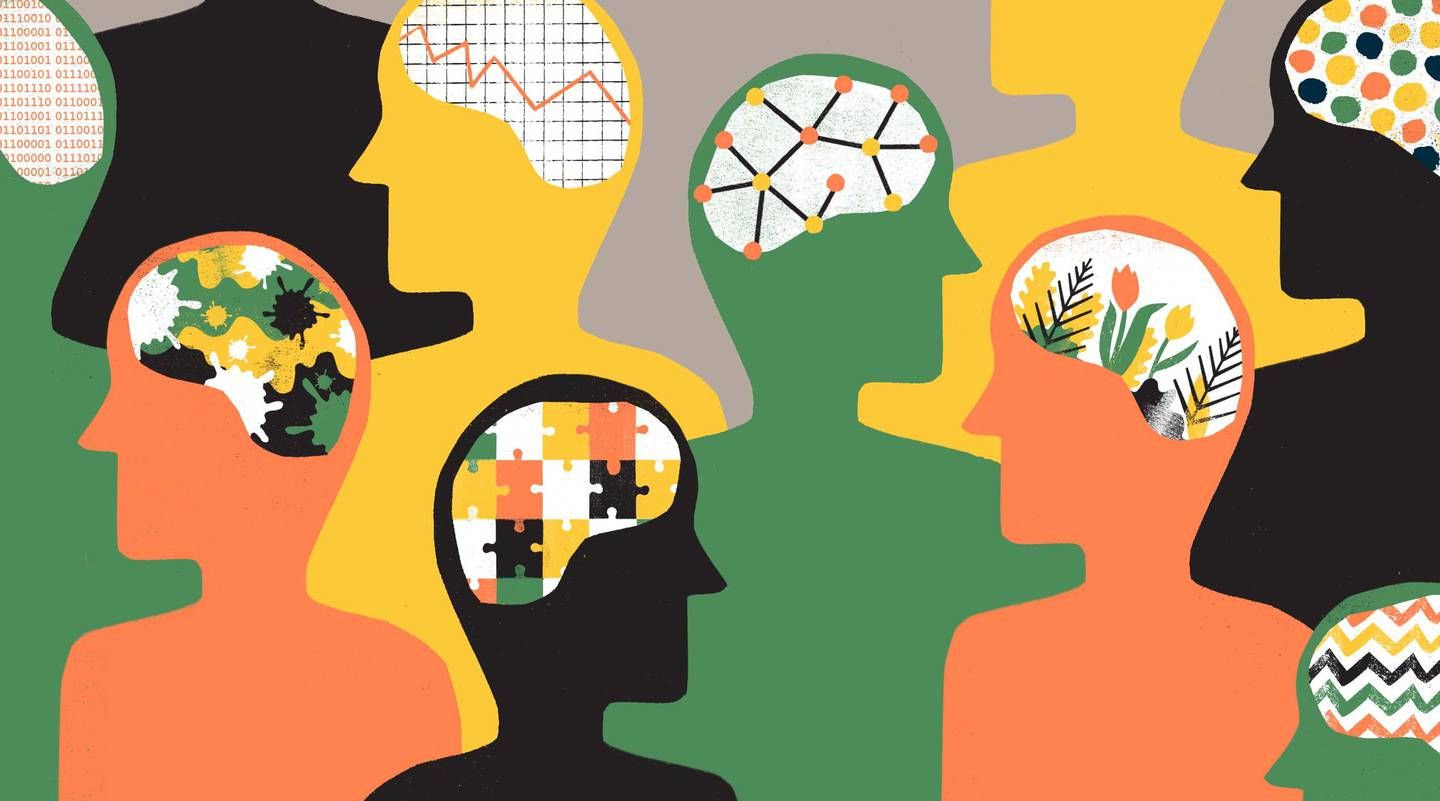A recent global study has found that approximately 40 percent of young people aged between 18-24 in the Middle East experienced mental health issues last year.
According to the Mental State of the World Report, COVID-19 pandemic and repeated lockdowns, resulted in the deteriorating mental health of people.
Furthermore, surge in the usage of mobile phone and internet led to people spending less time making human connections. The authors of the study called on immediate attention to addressing this trend.
As part of the study, researchers polled 223,087 people in 34 countries with widespread internet access.
As per the results of the study, published by US non-profit Sapien Labs, mental health deterioration was particularly observed among the youngest adults across the world.
Tara Thiagarajan of Sapien Labs and Jennifer Newson, lead scientist of the report, also expressed shock at the results.
“The reasons behind this decline are likely numerous and complex but add to the ongoing debate around the consequences of growing up in an internet-dominated and inequitable world," they noted.
Young adults are defined as those in the age group 18 to 24. Among those polled in the research, half in the Anglosphere (US, Canada, UK, Ireland, Australia and New Zealand) reported symptoms of distress. On the other hand, the figure was 38 percent for the Middle Eastern countries surveyed, including Iraq, Saudi Arabia, UAE and Yemen.
As per the statistics in the report, people spend an average of 7-10 hours online every day, depending on the country.
“It is perhaps not the use of the mobile phone and internet per se that has been damaging but rather that it occupies such a large fraction of waking time that it crowds out time that previously would have been spent on the in-person social interactions that are required to build and maintain a strong social self,” the report added.
In the age group of 65 and above, nine percent of people in the Middle East reported to be struggling or distressed during the period.
In general, 30 percent of those polled in the Anglosphere reported mental wellbeing scores in this category in comparison with only 23 percent in the Middle East and 18 percent in Europe.
Authors noted that mental wellbeing increased with higher levels of educations for all regions polled across the world. In addition, there was a substantially increased mental wellbeing among those employees than unemployed people and those who were unable to work due to various circumstances.
Mental health concerns were exacerbated by COVID-19 pandemic circumstances. These factors stand in “stark contrast to the happiness and wellbeing patterns documented prior to 2010 across several regions of the world, where young adults 18 to 24 typically had the highest wellbeing”.
UAE school principals urge action
Taking note of the report, UAE school principals called on encouraging young pupils to address mental illness to ensure timely treatment.
Clare Turnbull, principal at The Royal Grammar School Guildford Dubai, urged students to be honest about how you are feeling and seek help if needed. She underlined the importance teaching students to have the grit and determination to allow themselves to relax and regenerate amid challenging circumstances.
At the same time, she highlighted teachers' key role in prioritising the emotional wellbeing of young people along with their academic and social development.
David Cook, headmaster at Repton Dubai in Nad Al Sheba, suggested to view promoting positive mental health in the same way as promoting positive physical health.
“10-15 years ago nobody really talked about the fact that mental health is as important as physical health. I think the first thing that schools and families and society need to do is say it’s OK to talk about it," he added.
He further underlined the need for school administrations to prepare young people to stand on their own feet and address mental health challenges strongly.
“What we need to do is to make sure children understand that from really a young age, so that they know it’s OK to feel low or depressed," Cook added.
SOURCE: The National News
 AR
AR UR
UR
